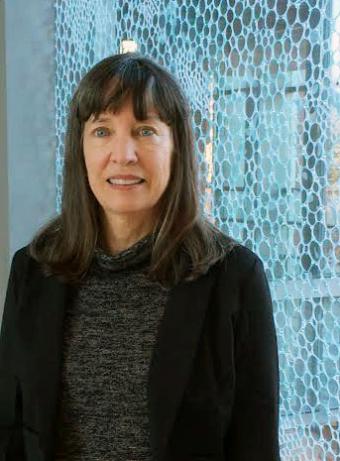PROVIDENCE, R.I. [Brown University] — It feels intuitive that context helps us retrieve memories. We can recover our misplaced car keys more quickly by retracing our steps, for example. That’s not only because that process brings us back into their proximity, but also because once we see that the phone is resting on the kitchen table, we remember that we put the keys down on a nearby countertop when we picked up the phone to answer a call.
While behaviors may feel intuitive, the underlying anatomy that produces them must be deliberately studied to be understood. Rebecca Burwell, Brown University professor of cognitive, linguistic and psychological sciences, has been researching memory and context since she was a postdoc. In recognition of her discoveries along the way, she has been elected as a fellow of the American Association for the Advancement of Science.
In 1995, Burwell discovered a region in the brains of rodents that mirrors one in primates (humans included) involved in forming memories of everyday events. She and her colleagues named it the “postrhinal cortex.” In succeeding work she has shown that the region, which is specifically responsible for processing spatial and contextual information (“on the table” and “on the counter”) engages in rich crosstalk with the perirhinal cortex, which processes information about individual items and objects (“phone” and “keys”).
“We store information about events along with representations of the context in which the events occurred,” she said. “Because of that, context is an important retrieval cue for those events.”
In announcing her election, AAAS lauded Burwell “for distinguished contributions in the fields of psychology and behavioral neuroscience, particularly elucidating the structure and function of the cortical regions surrounding the hippocampus.”
Burwell will be formally honored Feb. 13, 2016, at the AAAS Annual Meeting in Washington, D.C.

